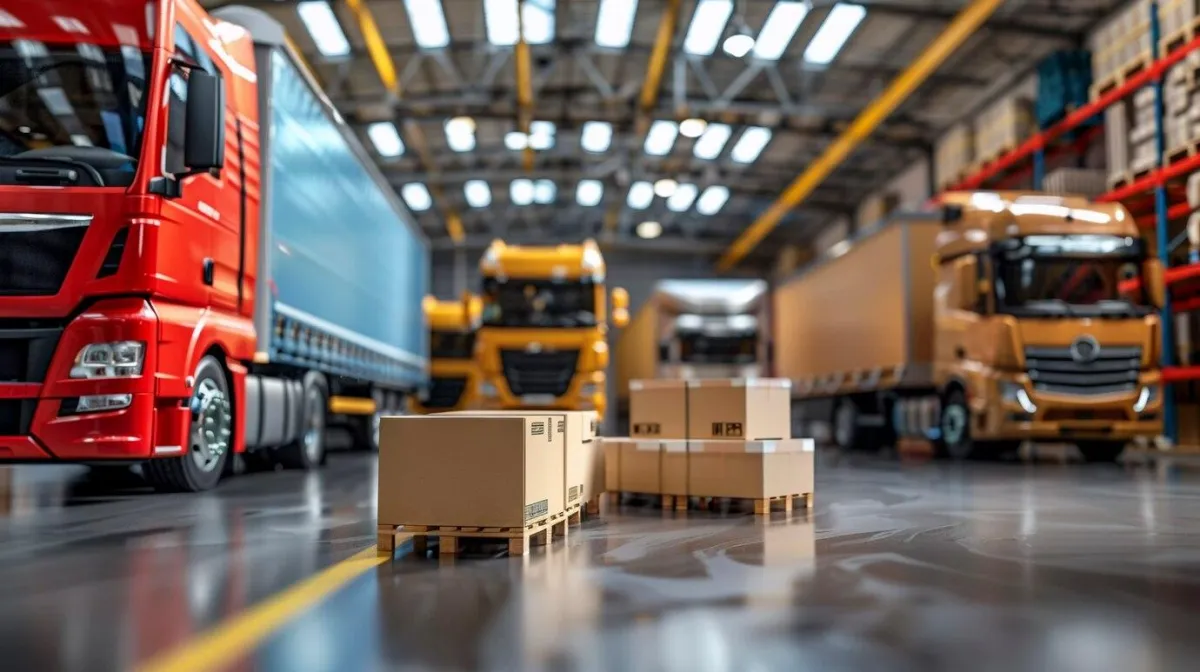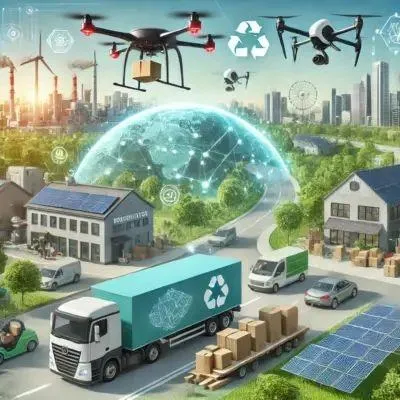Inside the Industry

Delivery

Environmental Shift: Commitment to Sustainability in the Supply Chain
In recent years, the world has experienced a significant environmental shift, prompting companies to reassess their strategies and adopt new concepts focused on sustainability. Climate change, resource depletion, and pollution have become major challenges facing our planet, placing a great responsibility on businesses to drive real change. In this context, the supply chain stands out as one of the key areas that must keep up with this shift. It is expected to provide solutions that not only enhance efficiency and product quality but also protect the environment.
The Importance of Sustainability in the Supply Chain
The supply chain is a vital component in the product lifecycle, but it is also one of the main contributors to negative environmental impacts. From raw material extraction to manufacturing and distribution, every step leaves an environmental footprint, from carbon emissions to waste. By integrating sustainability at every stage of the supply chain, companies can significantly reduce these impacts, resulting in lower energy consumption, fewer emissions, and reduced waste. These improvements not only help protect the environment but also build a strong reputation for the company as a socially responsible organization.
How Companies Commit to Environmental Transformation
Leading companies are adopting sustainable practices that enhance their environmental efficiency. For example, sustainable sourcing has become a cornerstone of their strategies, partnering with suppliers who commit to ethical production, use renewable materials, and implement eco-friendly practices. Additionally, many companies are adopting green packaging, using biodegradable or recyclable materials to reduce waste and environmental impact.
In the field of logistics, the transportation sector continues to explore innovative solutions to reduce its carbon footprint. Companies are adopting electric vehicles, restructuring delivery routes to minimize emissions, and turning to alternative fuels to improve the sustainability of their logistical operations.
Technology as an Enabler
Technology plays a crucial role in promoting sustainability within the supply chain. By using transparency tools, companies can track and analyze every stage of the supply chain, ensuring that each step aligns with environmental standards. Moreover, data analytics technologies help forecast demand, thereby reducing overproduction and minimizing resource waste.
Consumers and Their Impact on Sustainability Trends
Consumers are increasingly aware of the environmental impact of their purchasing choices, which forces companies to offer transparency in their environmental practices. Companies that genuinely commit to sustainability not only attract environmentally conscious consumers but also gain a clear competitive advantage in the market. As a result, the environmental shift becomes a real opportunity for businesses to expand their customer base and achieve sustainable growth.
The Future of Sustainable Supply Chains
In the future, sustainability will become an integral part of every business strategy. Companies that invest in incorporating sustainability into their operations will not only contribute to preserving the environment but will also strengthen their brand loyalty and open up long-term economic opportunities.
In conclusion, the environmental shift in the supply chain is a fundamental step towards building a more sustainable future. Companies that adopt these practices will not only help protect our planet but will also enjoy significant economic advantages, making sustainability a strategic necessity for the future.
